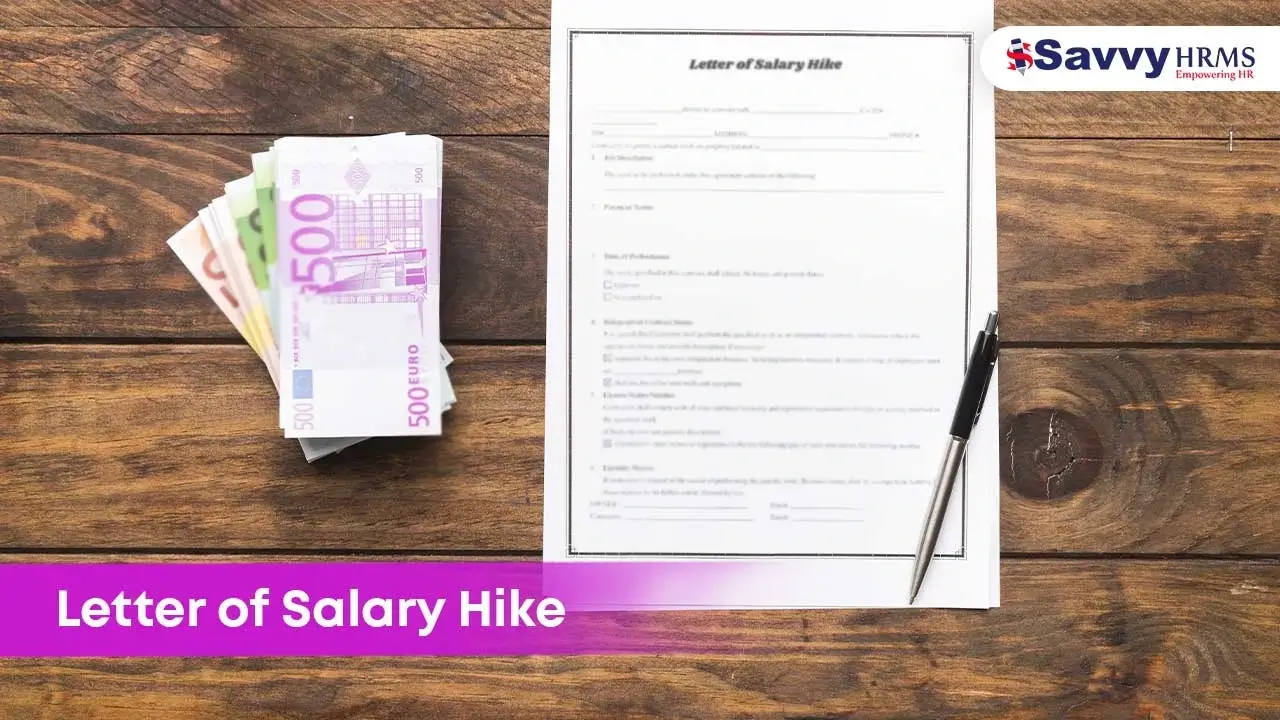The moment you say “payroll,” what do you normally think of? Well, for most employees, it means being paid. However, payroll is a function that makes sure employees are paid on time. Deductions are made, and company policies are followed. This blog will explain what is payroll in human resources, how it works, and why it is important.
Defining What is Payroll in Human Resources
What is payroll in human resources? It is the calculation, disbursement, & management of employee salary, deductions, and tax withholding. This goes beyond paying an employee. And encompasses legal compliance, financial management, and employee satisfaction.
Here is what payroll consists of:
1. Employee salaries and wages
That refers to the amount paid to employees based on their job functions and hours worked.
2. Deductions and Taxes
This includes income tax & provident fund. Insurance, and all other deductions as legally required.
3. Bonus and incentives
Refer to payments made in respect of good performance or during special occasions.
4. Benefits and allowances
Non-cash company benefits like insurance, travel allowances, and meal vouchers.
Payroll Workings
Payroll is much more complicated than just writing checks. It’s an orderly procedure. A simplified version is scheduled as follows:
- Collect Employee Data: Gather salary details, attendance records, tax information, and benefits.
- Calculate Salaries: Compute gross pay; deduct taxes and/or benefits to get net pay.
- Payment Administration: Transfer salaries to the employee’s respective bank account.
- Tax Filing: Submit their tax report and comply with government regulations.
- Maintain Payroll Records: Keep track of payroll details for audit and compliance purposes.
Why is Payroll Important?
What is payroll in human resources, and why does it really matter? Payroll isn’t only about salaries. It influences the whole organization. Here is its importance:
- Keeps Employees Happy – When someone gets a timely payment. It increases morale and productivity.
- Ensures Legal Compliance – No taxes or labor penalties cause internal problems.
- Manages Company Finances – Payroll is one of the biggest expenses. In relation to finances in any business, therefore, proper planning is a requirement.
- Retains Talent – Fair and timely forms of compensation. Do the trick of retaining those employees.
Kinds of Payroll Systems
Every business can set up its payroll systems according to its needs. The most common methods are:
- In-House Payroll – The company can manage it by its human resources or finance team. Using internal software or spreadsheets.
- Outsourced Payroll – Payroll processing & compliance are handed over to a third-party service provider.
- Cloud-Based Payroll – Cloud-based payroll is an automated software. This allows payroll tax calculations and salary payments made online.
- Manual Payroll – The Old method that uses paper documentation. Best for smaller to medium initialization, but prone to error
Key Payroll Metrics to Track
There are a few payroll metrics that can help businesses improve efficiency. Here are some measures that a business might consider:
- Payroll processing time – The length of time it takes. From the moment the salaries are calculated until submitted for disbursement.
- Payroll Error Rate – How often do calculations not add up or result in improper pay?
- Employee Turnover Costs– Hiring and termination of employees incur costs.
- Compliance Violations– Situations whereby payroll fails to meet legal requirements.
- Payroll Costs as a Percentage of Revenue – Very useful in financial planning. Budgeting allocation.
Hurdles in Payroll Management
Managing payroll comes with challenges. Here are some common hurdles businesses face
- Keeping up with Tax Laws – Tax law changes too often for easy compliance.
- Ensuring Accuracy – Employees may take umbrage. If salaries calculated via such a platform yield inaccurate amounts.
- Handling Benefits & Deductions- Different allowances and complex tax slabs could make things cumbersome.
- Data Security– Intrinsic to all payroll data, it should be kept safe from cyber-attacks.
Conclusion
Understanding what is payroll in human resource is essential to ensure that employees are paid on time and appropriately. As well as keeping up with the company’s law compliance, money-wise. Payroll is performed manually, by payroll software. Outsourcing keeps an efficient payroll system going.
Know very well what payroll is in human resources. And thus ensuring a financially stable and satisfying workplace for employees. Human resource professionals and business owners alike!
FAQs
What is the influence of salary on employee satisfaction?
Salary has a direct bearing on the trust and motivation of the employees at work. Timely and accurate salaries help in the maintenance. Additionally, resulting in a conducive environment at the workplace.
What is payroll in human resource compliance?
Payroll compliance means ensuring that employee compensation is provided. In due respect to the legal and tax obligations to avoid penalties and legal pressure.
How can payroll be made more efficient by companies?
Companies can improve payroll efficiency by automating processes, using payroll software, and regularly auditing records.
What function does payroll play in HR planning strategy?
Payroll plays a crucial role in HR strategy by aligning compensation with organizational goals and financial planning.
Why is it necessary for HR people to know payroll?
HR people must understand payroll to compensate employees, provide legal compliance, and satisfy the workforce.




